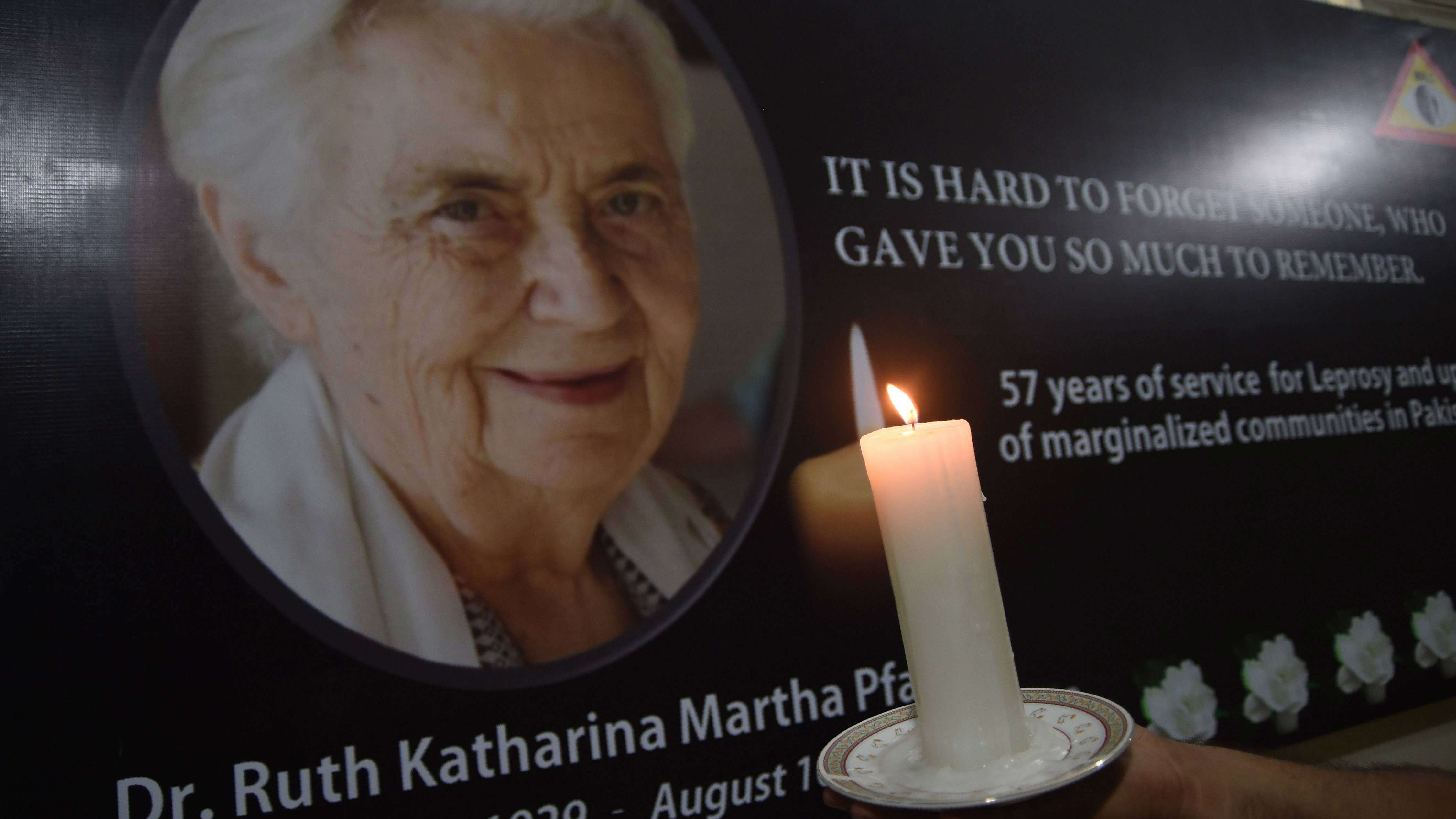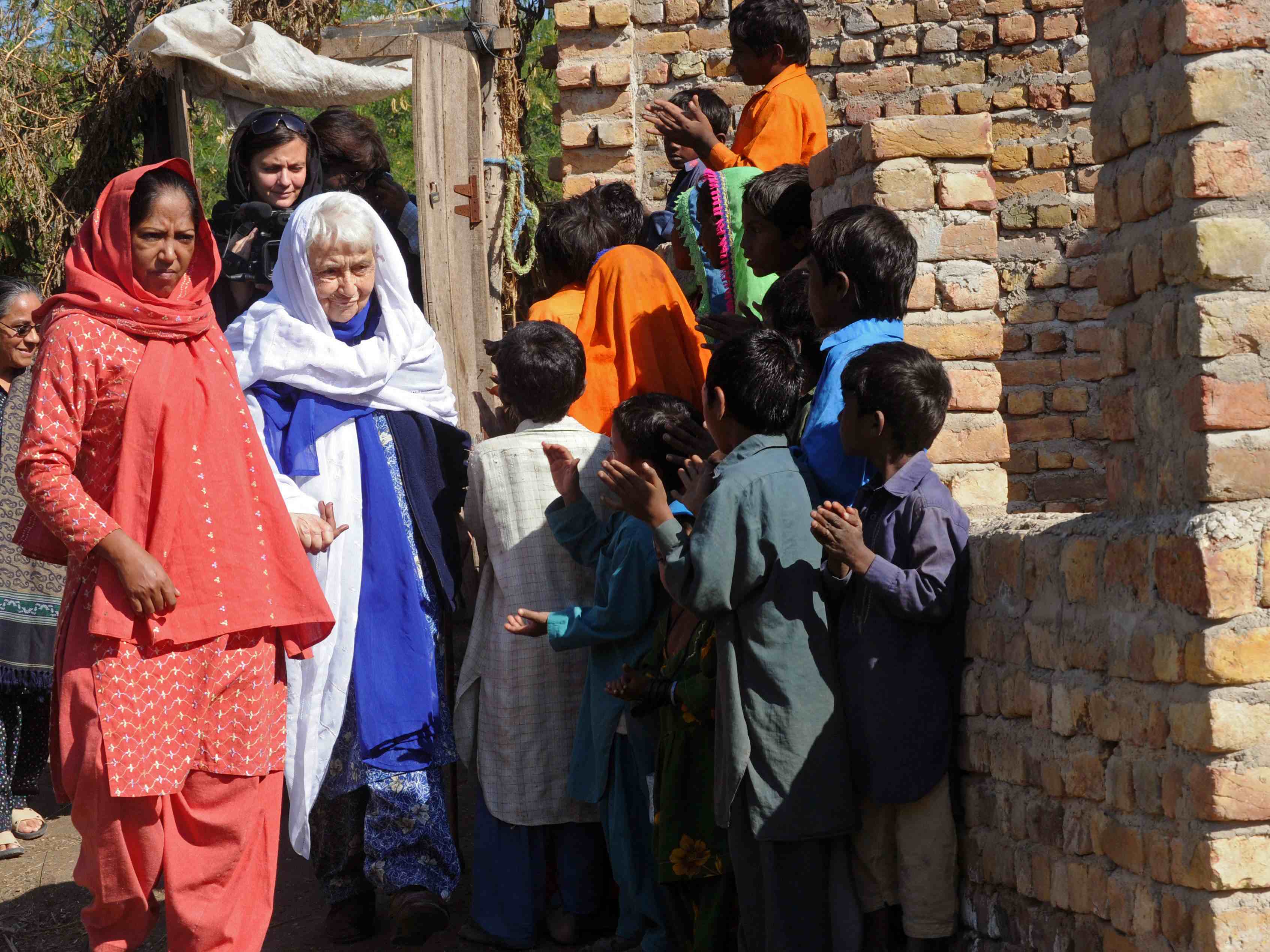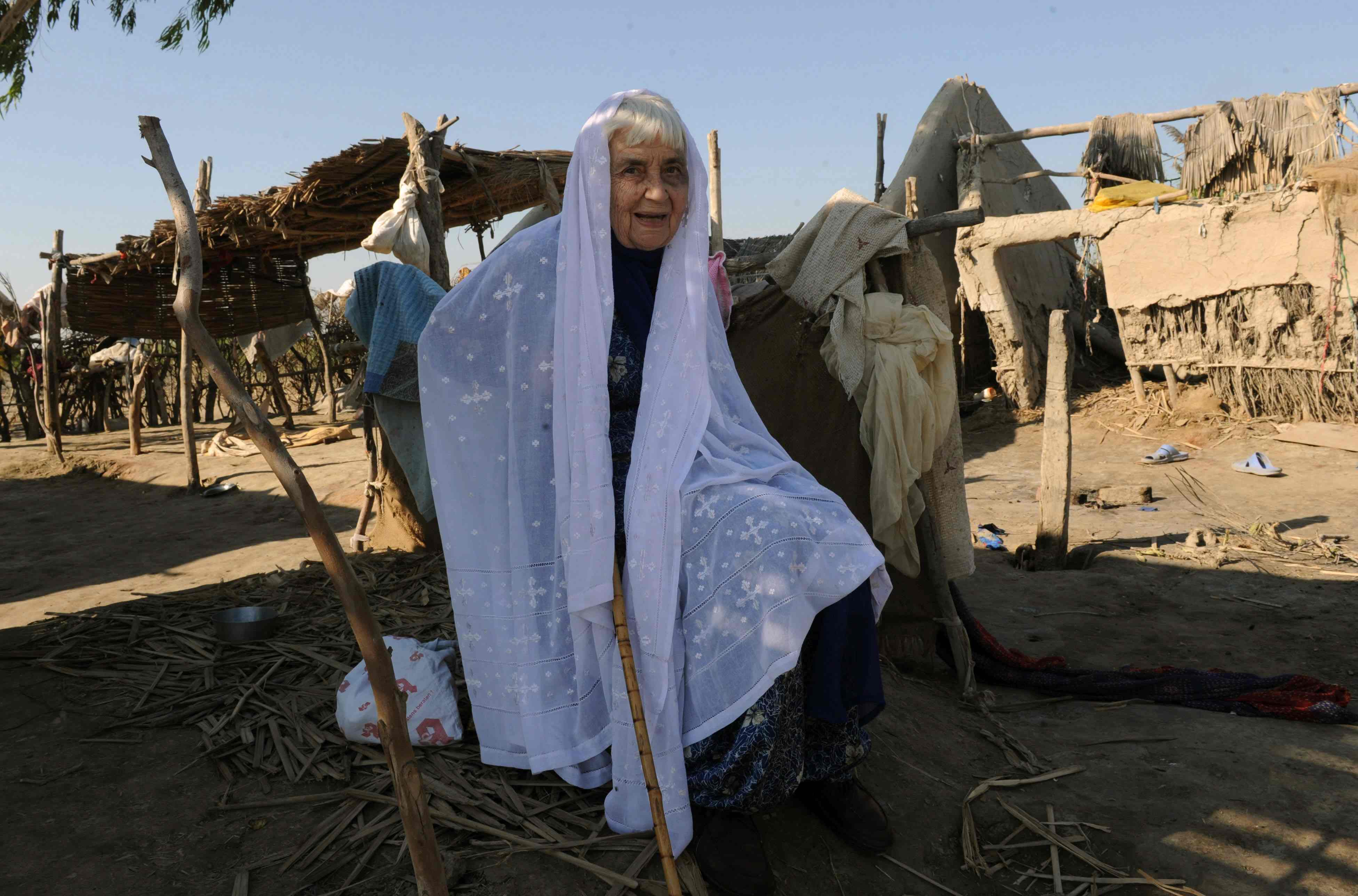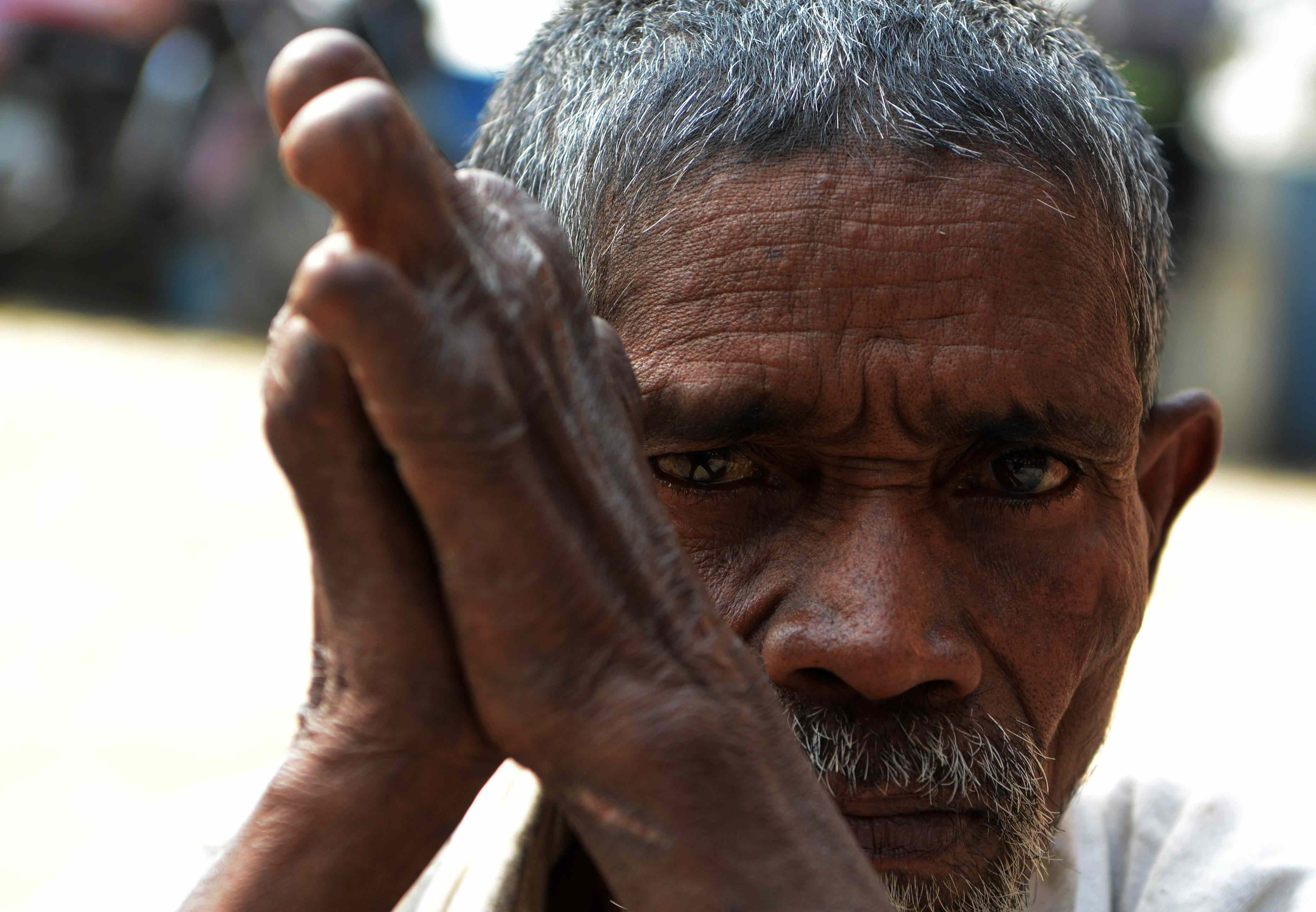
World
20:58, 11-Aug-2017
Pakistan mourns loss of German doctor who battled leprosy
Nadeem Gill

Pakistan is mourning the loss of a German doctor who spent over half a century in the country battling one of the world’s most infamous diseases, leprosy.
The recipient of one of Pakistan's highest civilian awards, the Nishan-e-Quaid-i-Azam, Pfau passed away at a private hospital in the southern port city of Karachi on Thursday morning, aged 87, after a prolonged illness, according to Pakistani media.
Her funeral prayers are scheduled to be held on August 19 at a local church in Karachi.
State funeral
Pakistan has announced a state funeral for Pfau, whose pioneering work helped rid the country of leprosy.
"She gave new hope to innumerable people and proved through her illustrious toil that serving humanity knows no boundaries," Pakistan's Prime Minister Shahid Khaqan Abbasi said in a statement.
"We are proud of her exemplary services, and she will remain in our hearts as a shining symbol in times ahead," the statement added.

Ruth Pfau (L) is welcomed by brick-kiln laborers in Badin district. /AFP Photo
Ruth Pfau (L) is welcomed by brick-kiln laborers in Badin district. /AFP Photo
'A debt of gratitude'
Tributes have poured in from all sectors of society.
Many have compared Pfau with Mother Teresa and renowned Pakistani social worker Abdul Sattar Edhi, who died last year.
Arriving in Pakistan in 1960, Pfau dedicated her entire life to patients with leprosy, said social worker Shujauddin Qureshi.
"It was her dedication and love for leprosy patients, who were often ignored by society and most of them died in secluded places because of the lack of treatment and care," he told CGTN.
"After Abdul Sattar Edhi, the demise of Ruth Pfau is a great loss to Pakistan," said Qureshi.

Dr. Ruth Pfau, head of a Pakistani charity fighting leprosy and blindness, visits the flood-affected village of Begna in southern Pakistan's Jati town on December 2, 2010. /AFP Photo
Dr. Ruth Pfau, head of a Pakistani charity fighting leprosy and blindness, visits the flood-affected village of Begna in southern Pakistan's Jati town on December 2, 2010. /AFP Photo
Shoaib Wajad, a Pakistani journalist, echoed the sentiment, "The people are sorrowful as they were on the death of Edhi last year."
Praising Pfau's services to Pakistan, Wajad told CGTN, "She was not an ordinary human."
Many others turned to social media to express condolences.
"Her spirit of selfless dedication leaves a void that will be difficult to fill," opposition leader Imran Khan tweeted.
Early life
Dr. Ruth Pfau was born in Germany on September 9, 1929, in Leipzig.
Trained as a doctor at a young age, she joined a Catholic sisterhood.
She enrolled at the University of Mainz and Marburg in West Germany in 1950s, where she studied medicine, specializing in the treatment of leprosy, a disease that causes skin discoloration, sores and disfigurement.
She was initially scheduled to travel to India but ended up in Karachi, Pakistan.
Infamous disease
The World Health Organization declared Pakistan the first Asian country to have control over leprosy in 1996.

An Indian man affected by leprosy sits inside the Chetna Leprosy colony during World Leprosy Day in Siliguri on January 30, 2017. /AFP Photo
An Indian man affected by leprosy sits inside the Chetna Leprosy colony during World Leprosy Day in Siliguri on January 30, 2017. /AFP Photo
However, a recent WHO report suggested leprosy continues to spread and is often left untreated.
The report also warned that millions of new cases are going undiagnosed.
The disease was declared to be virtually eradicated 15 years ago.
There have been between 200,000 and 300,000 new cases identified throughout the world every year since 2005.
Since then, the number of classified cases with visible deformities has risen by 13 percent, according to the WHO.

SITEMAP
Copyright © 2018 CGTN. Beijing ICP prepared NO.16065310-3
Copyright © 2018 CGTN. Beijing ICP prepared NO.16065310-3